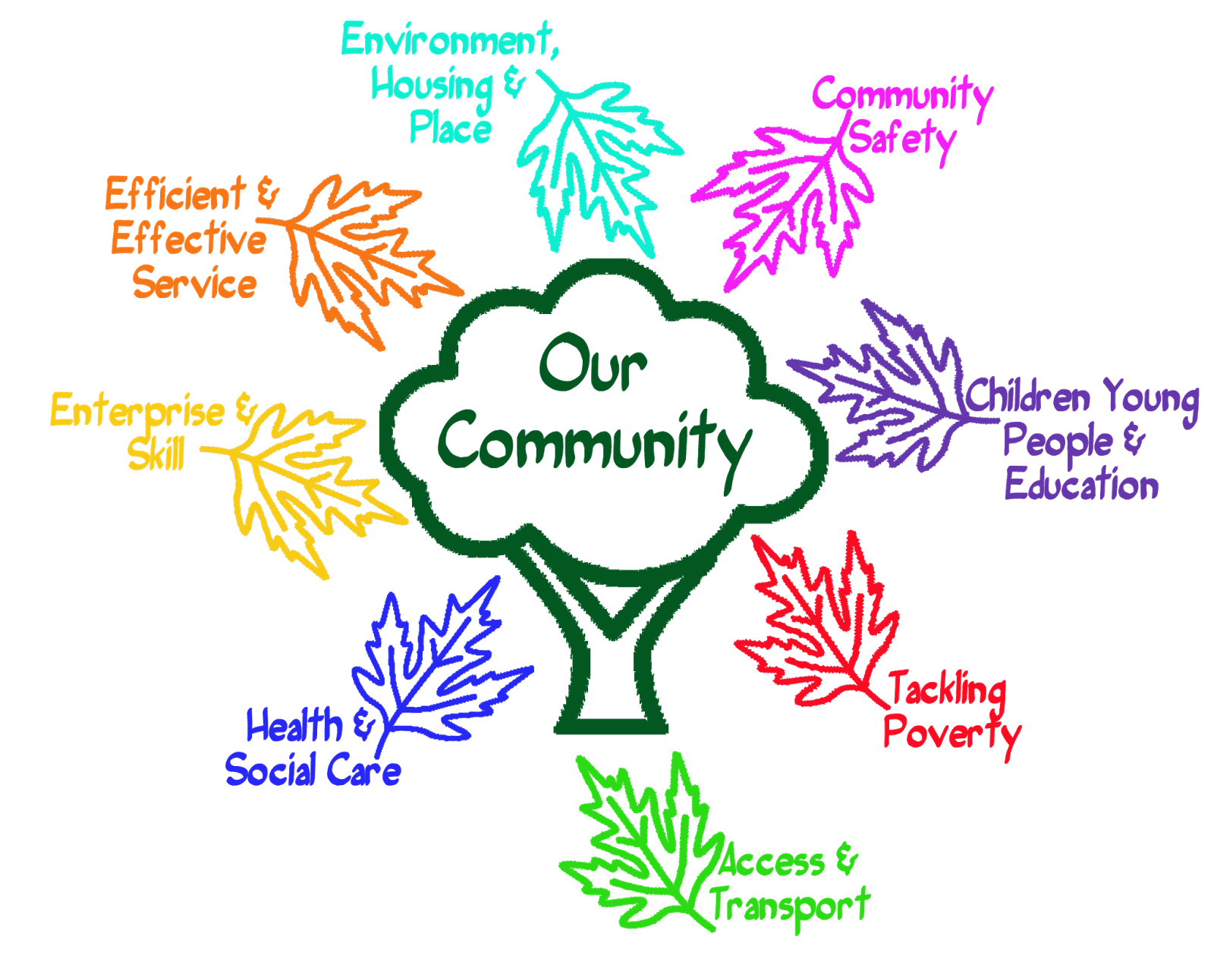Environmental Education through Green-Club
Students are initially invited to help with our local environmental activities and those who are interested are then selected to enroll. The membership fee is 10 rupees, and they receive a Green Club note book.
Objectives of the Green Club
Their objectives are:
- To create awareness of biodiversity conservation and local environmental issues among schoolchildren.
- To create a ‘clean and green consciousness’ among students through various innovative methods.
- To involve Green Club students in open-orientation programmes in schools and public areas.
Phase 1: environmental awareness programmes
One-day environmental education camp
One-day environmental education camp (EEC) are exclusively for Green Club students. Once a Green Club is formed, all members are brought together to the Genetic Garden, and briefed with a short introduction about: the environment, an explanation of Green Club goals, a slide show on the vanishing forest, a video on “Green Health”, as well as an overall description of the present status and future threats to plants. This is followed by a guided walk around the Garden, where they see native medicinal plants and threatened floras, as well as the waste recycling unit. Before their departure, students are divided into groups for an informal quiz to gauge their understanding and get feedback about the EEC. The group winners are provided with a small token gift. At the end of the day, students are encouraged to write imaginatively about their experiences.
The strength of the one-day programmes is that, for many students, this is their first time out of their classroom in a more informal learning environment. For them it is an unusual and exciting experience. It is important to us that we treat each student as our friend and encourage him or her to interact with us freely. Green Club coordinators from different schools have commented that, after a programme, students have volunteered to water plants, clean their school campus and generally get involved in environmental work.
Core team teachers and the Teachers Forum
The core team for this environmental education work is a group of enthusiastic teachers that represent schools from each eco-zone.
Phase 2: the impact of our awareness programmes
We have created several programmes to help students’ understanding and imagination:
Growing and maintaining medicinal plants at school and at home
After attending our training programmes, motivated students have collected tree species from our Garden nursery or from the local forest nursery, and grown these trees in their schools. These students are collectively taking care of each tree. A lot of students have also collected medicinal plants from Genetic Garden, and planted them in their backyards. By planting specific plants useful in primary health care, families now know more about medicinal plants and believe in their indigenous medicine.
Green Club students are encouraged to work in the Gardens in their own time. The Green School Garden is divided into medicinal, green vegetable, nutrition and an herbal demonstration garden. The overall objective of the Garden is to grow plants and encourage the students and public, to access medicinal plants for their primary health care use. The students look after the watering and weeding, and organically maintain the Garden with effective utilisation of solid waste and organic pest control measures.
Phase 3: open-orientation programmes
Part of our training is to take the Green Club students onto the streets to help spread awareness to the public.
Cleaning schools and public places
Once a year, Green Club students meet to evaluate their work and fill in a questionnaire. They are also expected to get involved in the waste-recycling management: cleaning public streets, removing plastic carrier-bags, bottles, plastics and organic waste. Carrier-bags and organic waste are then buried in a deep pit. Green Club students are also encouraged to clean their school once a fortnight. Cleaning includes organic composting and taking care of the gardens.
Phase 4: planning the future of the Green Clubs
We are planning to establish 100 Green Clubs, so that local schools can access our resources and create awareness among students and the wider community, for the protection of our environment and biodiversity conservation.
Conclusions
Any successful project requires determination, dedication, commitment and an active role-model. We have also recognised the need to create a strong, consensual network between all members. We should always keep in mind the following maxims:
- BE A ROLE MODEL
- AWARENESS & EDUCATION FIRST
- GOOD RAPPORT
- AWARNESS + ACTION = SUCCESS
- REGULAR FOLLOW UP
- REGULAR EVALUATIONS
- LOVE KIDS + RESPECT TEACHERS = EXPECT MIRACLES









